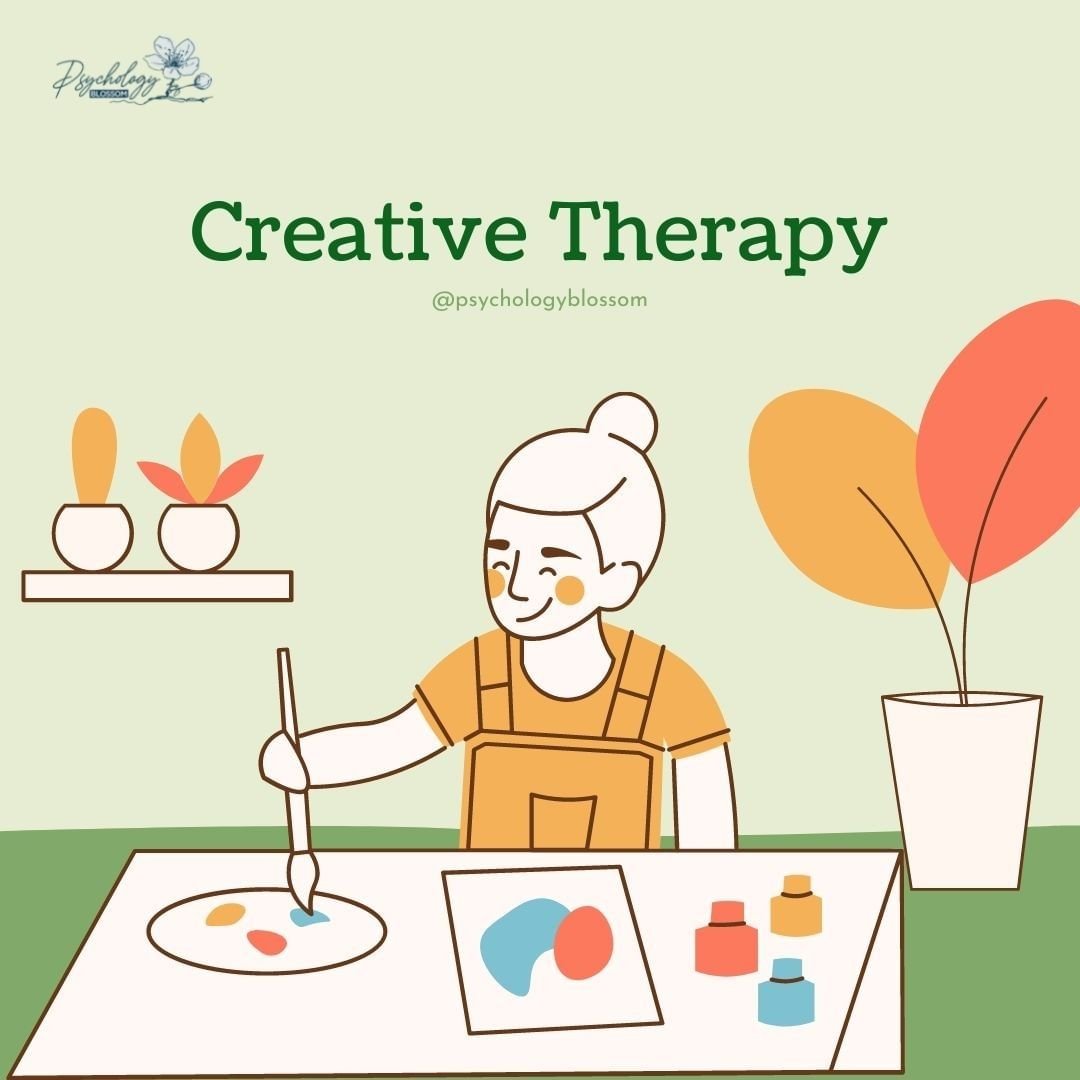Social Anxiety Disorder involves experiencing intense fear or anxiety when in social situations. This fear usually centres around worries that one will be judged by others, and can manifest as early as 13 years old. Social Anxiety Therapy is one of the most common enquiries in Singapore.
While it is common to be nervous and anxious when being in new and unfamiliar situations, those who experience this disorder face this nervousness on a more intense level, and may continue to feel discomfort and uneasiness even in familiar situations or with people they are close to (e.g. family and friends). In such cases, the symptoms are often very distressing and the consequences can be dysfunctional (e.g. avoiding social events, absence from school).
Unlike Generalised Anxiety Disorder (GAD), where worries can include a wide range of topics, individuals with Social Anxiety Disorder experience fear and anxiety focused around social events.
Causes of Social Anxiety Disorder
Social Anxiety Disorder can have both biological and environmental roots. A genetic predisposition often plays a part, as having a family history of anxiety disorders increases vulnerability. At the same time, adverse experiences in childhood, such as bullying, neglect, or abuse, can shape how individuals interpret social interactions and trigger avoidance behaviours. Social and cultural expectations can exacerbate symptoms, especially in highly competitive or judgmental environments.
Signs and Symptoms of Social Anxiety Disorder
- Fear and anxiety about social situations (e.g. having a conversation, being observed when drinking/eating, giving a speech)
- Fear of humiliation from others (e.g. anxiousness is showing)
- Avoidance of social events
- Overthinking of one’s own behaviour in public
- Nausea, dizziness, or chest palpitations even at the thought of an event
These symptoms can become overwhelming, often leading individuals to withdraw completely from school, work, or social commitments. Such avoidance perpetuates the disorder, reinforcing the belief that isolation feels safer than engagement.
The Endless Cycle of Social Anxiety Disorder
When individuals first notice these symptoms, they often adopt avoidance as a coping mechanism—skipping social events, avoiding conversations, or isolating themselves. While avoidance may temporarily reduce anxiety, it strengthens the belief that social interaction is dangerous. This creates a cycle where the fear of being judged grows stronger, and opportunities for proving otherwise are lost.
For example, an individual might think: “The last time I talked to someone, I felt nauseous and thought I would faint. When I’m home, I don’t feel this way, so staying alone must be safer.” This pattern blocks the opportunity for exposure, which is necessary for the body and mind to adapt and reduce fear over time.
Without intervention, this cycle continues indefinitely, severely restricting personal growth, education, relationships, and career opportunities.
Treatment for Social Anxiety Disorder
✽ Social Anxiety Therapy
Psychotherapy, especially Cognitive Behavioural Therapy (CBT), is a cornerstone of treatment. Through CBT, individuals learn to challenge distorted beliefs about themselves and social situations, replace negative self-talk with balanced perspectives, and gradually face feared situations in a structured way. Individual therapy provides a safe environment to practice these techniques.
✽ Medication
Medication can also play a supportive role in treatment by reducing physical and psychological symptoms of anxiety.
- Antidepressants (SNRIs or SSRIs): These regulate neurotransmitters such as serotonin and norepinephrine, stabilising mood and reducing overall anxiety.
- Benzodiazepines: These can offer quick relief by enhancing the effect of GABA, a calming neurotransmitter, though they are usually prescribed for short-term use due to risk of dependence.
- Beta-Blockers: Often used for performance-related anxiety, these reduce physical symptoms like rapid heartbeat, trembling, or sweating during public speaking.
A combination of therapy, lifestyle changes, and medication tailored to individual needs often brings the best results. Supportive family and friends can play a vital role in encouraging gradual exposure to social situations, helping individuals rebuild confidence step by step.
We recommend This Video to those who wants to learn more about Therapies that help with Social Anxiety Disorder.
